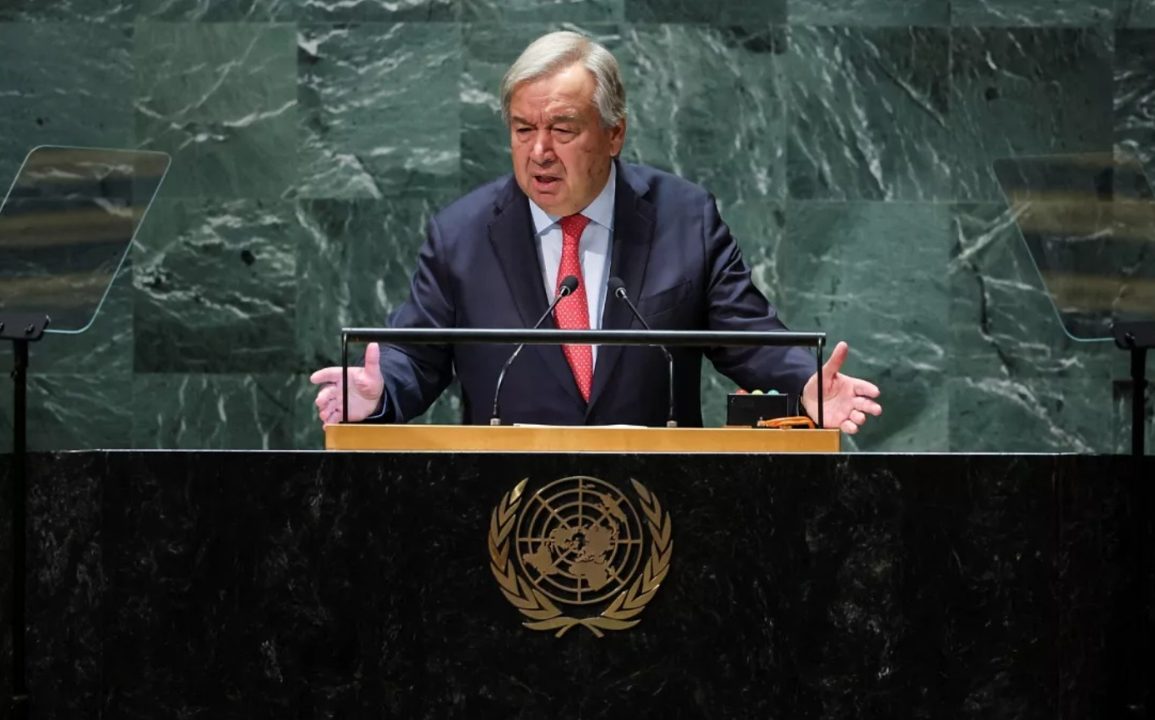The United Nations has issued a stark warning to governments: either intensify efforts against global warming or risk the failure of the Paris Agreement. With the current policies in place, global temperatures are projected to rise between 2.6 and 3.1 degrees Celsius by the end of the century, making it virtually impossible to limit warming to the Paris Agreement’s 1.5C target.
Even the agreement’s 2C ceiling is increasingly in jeopardy, and failure to act decisively could lead to the collapse of polar ice caps and other catastrophic climate impacts.
The U.N. report, released just ahead of the COP29 climate summit in Baku, Azerbaijan, highlights a significant “emissions gap” between current national climate policies and what’s needed to prevent severe climate disruption.
This year’s summit, while critical, is seen as a precursor to COP30 in Brazil, where countries are expected to finalize new commitments to meet their Paris Agreement goals. For effective progress, countries are urged to make more ambitious pledges, increase funding, and target more aggressive emissions reductions.

With global temperatures already 1.3C above pre-industrial levels, achieving the Paris goals would now require a drastic reduction in emissions, by either 7.5% annually to meet the 1.5C target or 4% annually to stay below 2C.
Current policies are steering the world toward an alarming 3.1C of warming while existing pledges in national climate plans—known as Nationally Determined Contributions (NDCs)—would still result in temperatures between 2.6 and 2.8C. Such levels would bring severe impacts to human health, ecosystems, and economies worldwide.
The report calls for “no more hot air,” emphasizing that all governments, especially the highest emitters in the G20, must urgently implement and surpass their existing climate pledges. G20 countries, responsible for 77% of greenhouse gas emissions, are singled out as critical to achieving global emissions targets. While the EU has made substantial progress in reducing emissions, countries like China and the United States continue to account for significant emissions increases, complicating the global path to net zero.
Investment is another critical factor. According to U.N. Environment Chief Inger Andersen, tackling climate change will require a six-fold increase in global climate finance, particularly for developing countries that are disproportionately affected by climate impacts.
Developing nations, which are grappling with complex challenges like public health and energy insecurity, need substantial financial support to implement conditional climate commitments. The upcoming COP29 summit is expected to address a new financing goal beyond the current $100 billion-a-year target, which is outdated in light of escalating climate costs.
Finally, the U.N. urges world leaders to turn commitments into actionable measures. While the current trajectory puts the world on a path to exceed the Paris Agreement targets, delivering on every promise made could still limit warming to around 1.9C.
Leaders are called to leverage the COP29 summit to strengthen climate commitments and set the stage for more robust action. Andersen’s message is clear: without bold steps, the Paris Agreement will fail to protect future generations, emphasizing the urgency to meet the 1.5C pathway by 2030.

